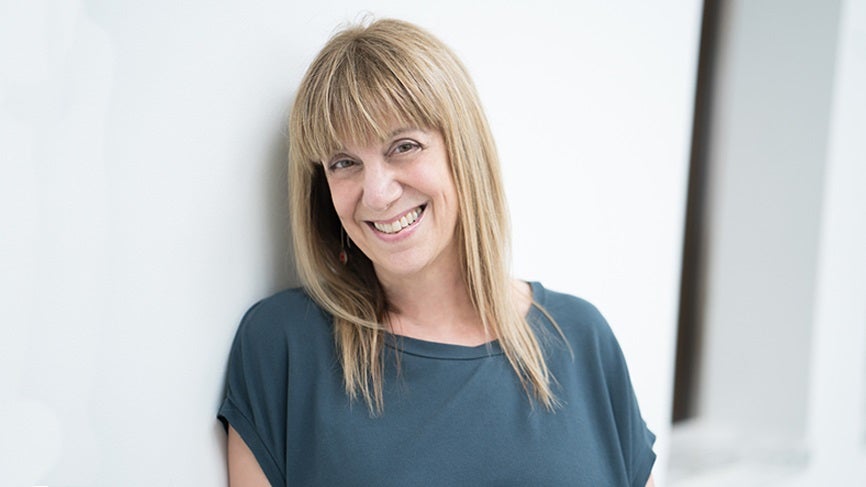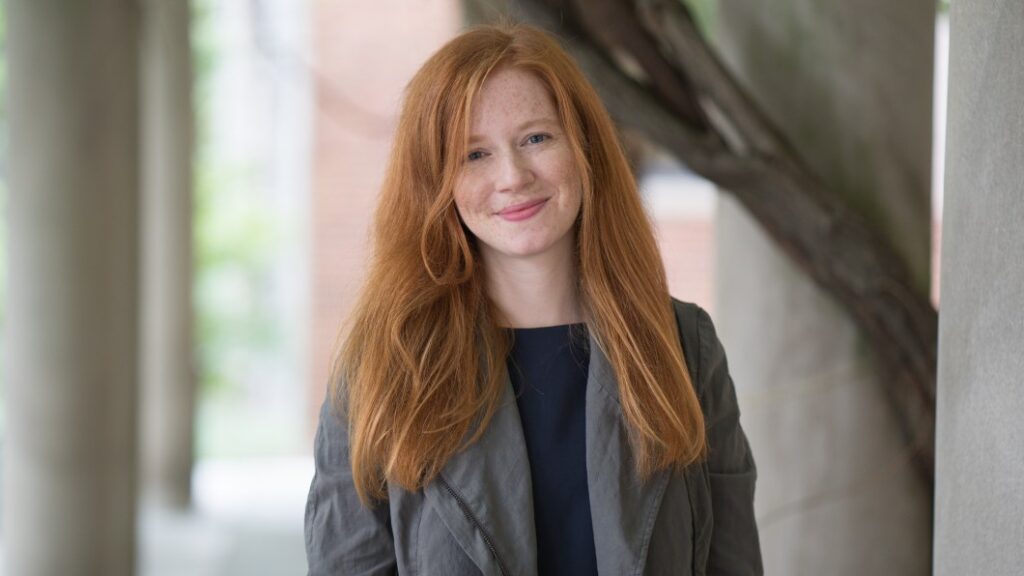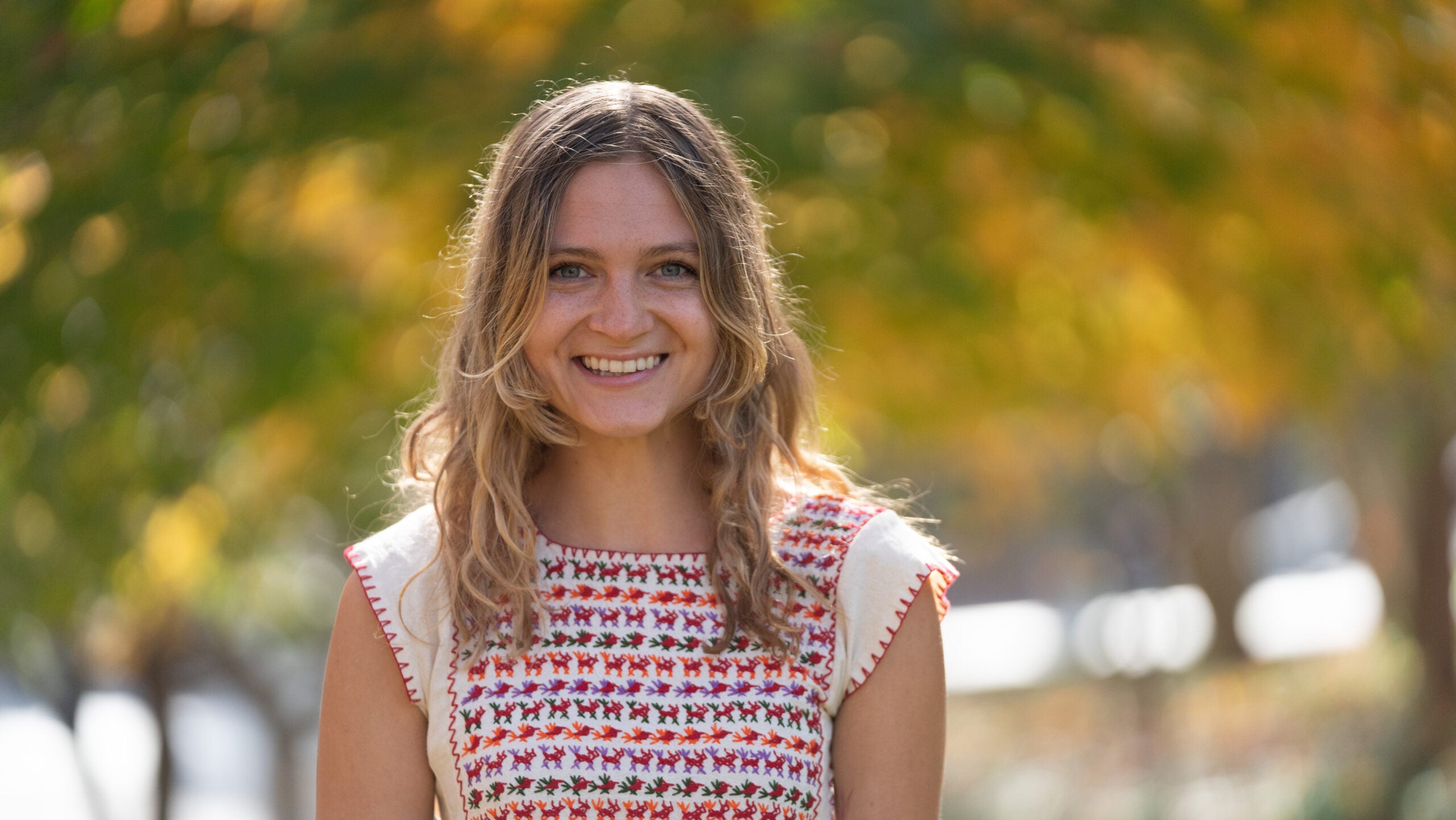
Barbie Zelizer is Director of the Center for Media at Risk and the Raymond Williams Professor of Communication at the University of Pennsylvania’s Annenberg School for Communication.
A former journalist, Zelizer is known for her work on journalism, culture, memory and images, particularly in times of crisis. She has authored or edited sixteen books, including the award-winning About To Die: How News Images Move the Public (Oxford, 2010) and Remembering to Forget: Holocaust Memory Through the Camera’s Eye (Chicago, 1998), and close to 200 articles, book chapters and essays. Her two most recent books include Media and Propaganda in an Age of Disinformation (coedited with Nelson Ribeiro, Routledge, 2025) and How the Cold War Broke the News (Polity, 2025).
Zelizer is a member of the American Academy of Arts and Sciences, a fellow of the British Academy and a fellow of the Europaea Academia. She is a recipient of multiple fellowships, including from the Guggenheim Foundation; Harvard University’s Joan Shorenstein Center on the Press, Politics and Public Policy; the Helsinki Collegium for Advanced Studies; the Fulbright Senior Scholar Foundation; Stanford University’s Center for Advanced Study in the Behavioral Sciences; and the American Council of Learned Societies. A founding co-editor of the academic journal Journalism: Theory, Practice & Criticism, a former president of the International Communication Association and a former Judge of the Peabody Awards for Excellence in Electronic Media, Zelizer is also a media critic, whose work has appeared in The Nation, PBS News Hour, CNN, The Huffington Post, Newsday, Liberation and other media organizations. Her work has been translated into French, Korean, Turkish, Romanian, Chinese, Italian, Spanish, Hebrew and Portuguese.

Sophie Maddocks is Director of Research and Outreach at the Center for Media at Risk.
An expert on youth digital wellbeing, Sophie’s research has been published in several academic journals and edited volumes. Sophie’s commentary has appeared across national and international news outlets, including ABC News, MSNBC, Wired, The Washington Post, Psychology Today, The New Scientist and more. Sophie consults for government agencies, nonprofits and tech companies, and she leads digital rights workshops at schools and colleges.
A former high school teacher, guidance counselor and youth worker, Sophie is passionate about collaborating across communities to develop programming that creates healthier, safer and more equitable online and offline environments for youth.
Sophie holds a PhD from the University of Pennsylvania, an MA from The New School where she was a Fulbright Scholar, a PGCE from the University of Warwick and a BA from the University of Cambridge.

Madison Miller is Program Coordinator at the Center for Media at Risk and a student in the Master of Liberal Arts program at the School of Arts and Sciences at the University of Pennsylvania.
Madison’s research has focused on the relationship of food traditions with cultural heritage and the heritage tourism industry. Madison holds a bachelor’s degree from La Salle University where she studied history and religion with a focus on Islamic feminism. She has worked in multiple sectors including the service industry, as a social media manager and as a Myanmar Peace Corps Volunteer. Outside of Annenberg, Madison is passionate about international travel, street food, analog music and making art.
Visiting Faculty

Arwa Mahdawi is a columnist at The Guardian and part of Flaming Hydra, a worker-owned journalism cooperative. She covers an expansive beat, including everything from politics to pop culture, but her work often focuses on marginalized groups and systems of power.
Mahdawi writes a weekly Guardian column and Guardian newsletter called “The Week in Patriarchy,” which reviews the most important stories on feminism, sexism and those fighting for equality. She is also the creator of the satirical viral website Rent-A-Minority, which is an “Uber for diversity.” Arwa is the author of Strong Female Lead (Hodder, 2021), which makes the case for redefining how we think about leadership, and contributed a chapter to Don’t Panic, I’m Islamic (Saqi, 2017), a Sunday Times Best Humour Book of the Year.
At the Center, Arwa will be developing a project focused on how newsrooms can better respond to the harassment and intimidation that has become an everyday occurrence for many journalists in the U.S.

An expert on the sociology of media with an emphasis on genocide, mass violence and ethnicity in sub-Saharan Africa, j. Siguru Wahutu has written extensively on global media patterns in covering genocide and the Kenyan media’s experimentation with social media platforms. His research has appeared in African Journalism Studies, African Affairs, the International Journal of Press/Politics, Global Media and Communication, Media and Communication, Media, Culture and Society and Sociological Forum. Wahutu is the author of In the Shadow of the Global North: Journalism in Postcolonial Africa.
Wahutu joins the Center from Yale, where he is an assistant professor in the University’s Sociology department and Council on African Studies. Wahutu is also a faculty associate at the Berkman Klein Center of Internet and Society and a Fellow at the Center for the Study of African Societies and Economies, both at Harvard University. Expanding the Center’s 2024 programming on platform accountability in Kenya, Wahutu will bring essential expertise on data privacy and media manipulation across sub-Saharan Africa.
